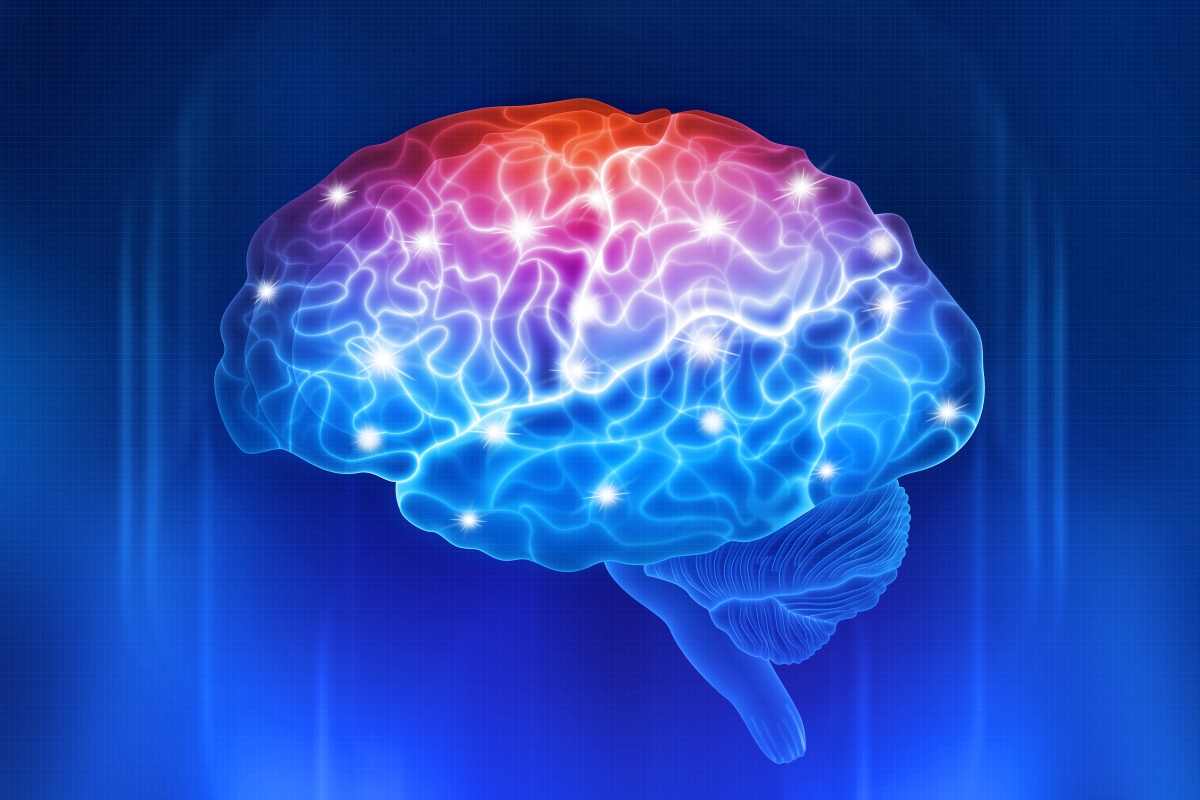The hedonic overdrive model best explains high-fat diet-induced obesity in C57BL/6 mice
High-fat diets induce obesity in male mice; however, the precise mechanisms underlying this effect are subject to debate. This study by Gao et al. (2024) evaluated three competing hypotheses: hedonic overdrive, reverse causality, and passive overconsumption models. Twelve groups, each consisting of of 20 individually housed C57BL/6 male mice (12 weeks of age), were exposed to 12 high-fat diets varying in fat content (40% to 80% by calories), protein content (5% to 30%), and carbohydrate content (8.4% to 40%). Over a 30-day period following seven days on a standard low-fat diet at baseline, body weight and food intake were monitored. Following diet exposure, energy intake initially increased, followed by a subsequent increase in body weight, before declining. Peak energy intake was influenced by dietary protein and carbohydrate, but not dietary fat or energy density, while the decrease in intake was solely associated with dietary protein. Despite a reduction in the weight of food intake on high-fat diets, mice consumed an average of 357 kJ more energy than at baseline, indicating an increase in energy intake. The authors conclude that the hedonic overdrive model best matched the data observed, with the other two models lacking support. [NPID: High-fat diets, obesity, male mice, energy intake, hedonic overdrive model, dietary composition]
Year: 2024
 Navigation
Navigation






